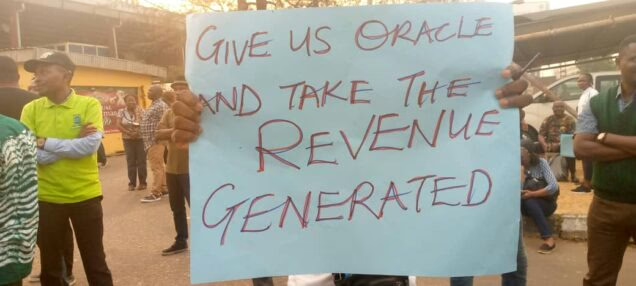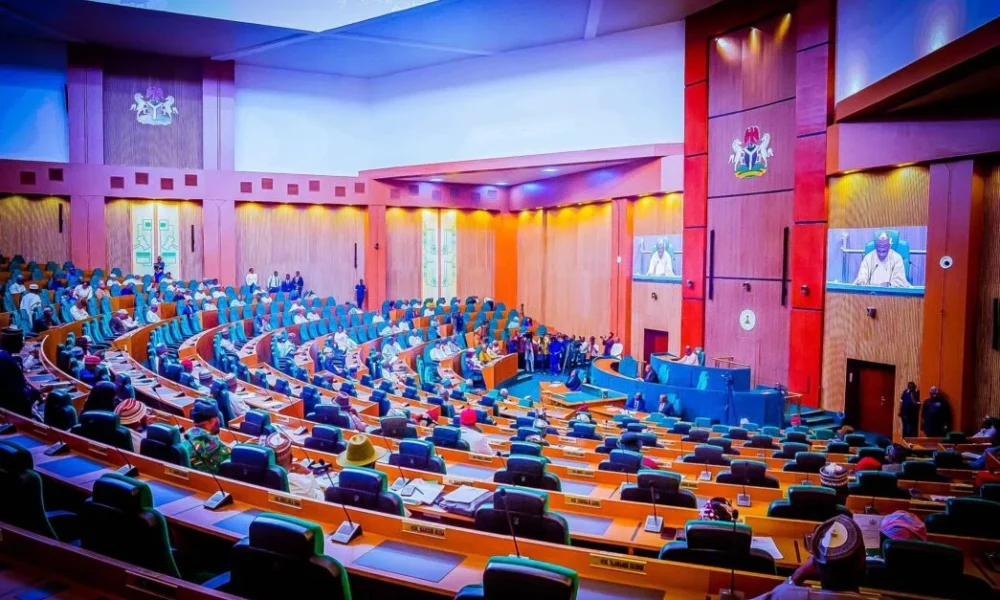AGF cautions ECOWAS court against unenforceable judgments
Lateef Fagbemi
The Attorney General of the Federation and the Minister of Justice, Lateef Fagbemi (SAN) has called on the Economic Community of West African States Court of Justice to refrain from issuing orders and judgments that are impossible to enforce.
He also noted that the court must pay attention to the peculiarities of countries in the regional bloc.
The effectiveness of the ECOWAS court has been hindered significantly by challenges in enforcing its judgments and orders.
On May 9, 2023, during the first regular session of the 5th Economic Community of West African States Parliament in Abuja, the President of the Court, Edward Asante, stated that more than 106 decisions reached by the Court, representing 70 per cent, are yet to be implemented by the member states.
Asante added that 11 court rulings against ECOWAS were not complied with.
However, speaking at the Statutory ECOWAS Judicial Council meeting in Abuja on Tuesday, Fagbemi urged the court to strengthen its jurisdiction while limiting unnecessary conflict with the domestic laws of member states.
He said, “The Court must adopt strategies that strengthen its jurisdiction, whilst appreciating the jurisdictional boundaries of the Court and limiting unnecessary conflict with domestic laws of member States.
“It is important for the Court to pay attention to the peculiarities of member States and refrain from issuing orders and judgments that are practically incapable of enforcement. There is also a dire need to promote and deepen alternative dispute resolution measures within the region. ”
He, however, said the court needs reforms to address challenges in delivering justice in the region.
Fagbemi said, “It is therefore critical that the Community Court of Justice continues to undergo necessary reforms to bring it in tandem with the current exigencies and manage the challenges associated with justice delivery in the region.”
Speaking, the Chief Justice of Nigeria, Justice Olukayode Ariwoola who doubles as the Chairman of the council called on African leaders to use justice and equity to build a prosperous region for future generations.
He said that this has become necessary given the economic, political, and leadership challenges engulfing the region at the moment.
The CJN said, “As we look to the future, let us reaffirm our commitment to the ideals of justice, equality, and solidarity, and work together to build a more just and prosperous West Africa for generations to come.”
Ariwoola promised that, under his leadership, the council would focus on addressing issues affecting the West African judiciary.
He said, “I would like to assure you that ECOWAS judicial council’s management under my leadership will continue to pay special attention to addressing situations that threaten the Judiciary System in West Africa and the organization of our Community Court of Justice. This is a priority for the region when we consider that justice is a fundamental pillar of society development.”
The President of the ECOWAS Commission, Omar Touray said, the region’s judiciary has an essential role to play in tackling instability and insecurity experienced in many countries of the region.
He said, “In this era, where instability and insecurity are overwhelming our
community, the role of the justice sector is crucial in conflict prevention, through the promotion and defence of the rule of law and human rights.”
<!–
–> <!–
–>











